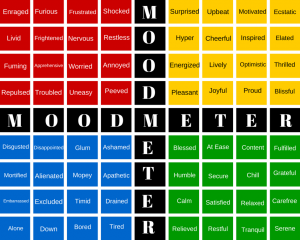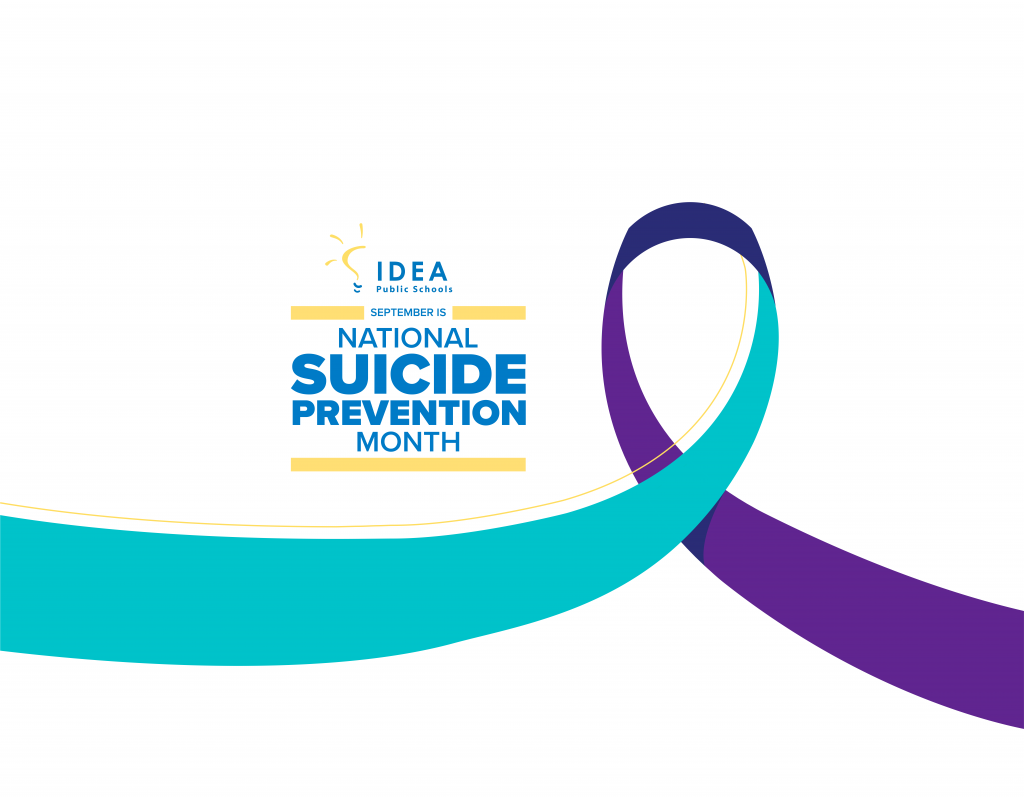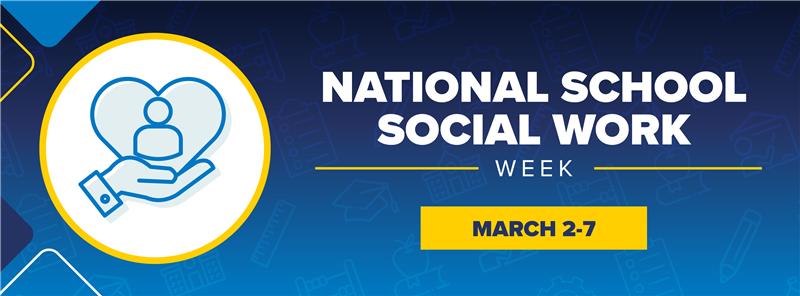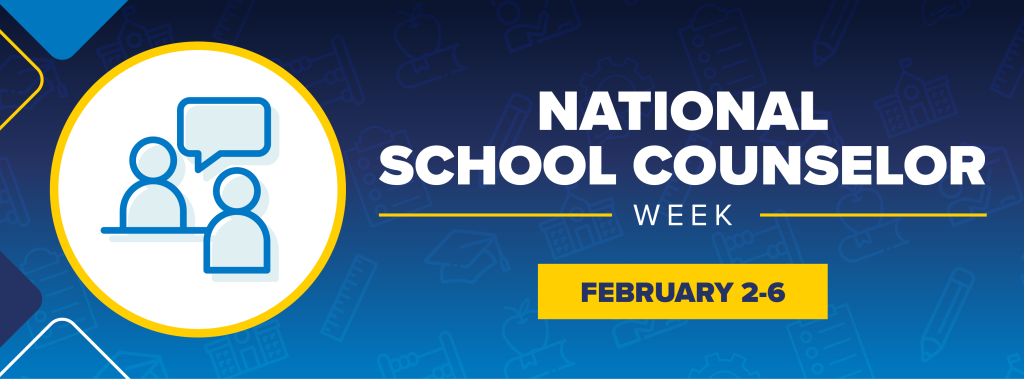At IDEA Public Schools, mental health is just as important as physical health. September is Suicide Prevention Awareness Month, an opportunity for all to have deeper conversations about mental health and warning signs and resources for suicide prevention.
We spoke with two IDEA experts, Joelisse Galarza, Family Engagement Manager for IDEA Tarrant County, and Elizabeth Germain, Regional Student and Family Services Manager for IDEA Rio Grande Valley, about the steps parents can take to be more involved in their child’s mental health, how to talk with your child about suicide prevention and resources for families and staff.
Mental Health Conversations & Support
There are many steps parents can take to be more involved in their child’s mental health. It can all start by creating a safe space for your child to talk with you about how they are feeling. Parents can begin by asking their child daily questions, such as, “How are you? How is your mood today? How are you feeling?”
“Once parents create that safe space with children to express how they are feeling, they can start to better gauge where their child is with their mood,” said Joelisse. “Parents can also utilize the mood meter on a daily basis with their children as a tool to understand their child’s mood – even with children as young as five.”

Mood Meter Example
In addition to having these daily conversations, here are some other basics to promote good mental health at home. You may already do most or all of these! You can also find other tools at suicideprevention.nv.gov/Youth/WhatYouCanDo.
- Promote Physical Wellness
- The foundation of good mental health is good physical health. As a parent, you can support this by helping your child access nutritious food and get at least eight hours of sleep each night.
- Communicate Your Unconditional Love
- Children need to hear that your love does not depend on their accomplishments, grades or success in sports. When your child makes a mistake, loses a game, or gets a low grade on an assignment, tell your child that these are things that happen to everyone in life and you love them for who they are no matter what.
- Build Up Your Child’s Confidence and Self-Esteem
- The best way to promote children’s mental health is to build up their strengths. Praise your child when they try new things or work hard on a task.
- Address the Behavior, Not the Child
- When your child makes a poor choice, emphasize that you are disappointed in their actions, not who they are as a person.
- Be a Role Model in Talking About Feelings
- Talk about your own feelings, apologize, don’t express anger with violence and use active problem-solving skills.
- Listen, Talk, Reassure and Consult
- Listen to what your child is saying. Allow them time to process and say what is on their mind. Talk problems out in a calm manner. Use “I statements” to explain your perspective. Reassure your child that feelings are normal, and you support them, love them and want to keep them safe. Consult with a professional if problems continue.
“Mental health prevention and intervention is crucial in the fight against suicide that begins with advocacy and education,” said Elizabeth. “Acknowledging and honoring mental health, managing stress levels, changing unhealthy coping skills, and speaking up about your child’s journey can help reduce the risk for suicide. To those struggling with mental illness: You are not alone, you matter, you are loved, and you are never your diagnosis!”
Suicide Prevention
When looking to communicate with children about suicide prevention, parents should:
1) Keep the channels of communication open and be direct. Ask your child directly if they have been thinking about harming themselves and put it in the context of wanting to ensure their safety and that you care for them.
2) Normalize their experiences and provide a space to normalize feelings of sadness. You can ask: ”I know so much is going on in your world right now, have you had any thoughts of harming yourself?
3) Listen to your child’s distress and stay calm. Ensure you react calmly to what your child is saying. Create space to hear their anger, sadness and frustration. If we avoid providing a safe space for children by reacting calmly, they may shut down.
4) Be collaborative with your child. You can say: “I am sorry you are in pain, and I know it must be hard. Let’s think of what we can do and what our next actions are. Thank you for telling me how you are feeling, and we can find a solution together.”
Mental health concerns range from prolonged stress to a recent tragedy or loss, a previous traumatic experience, history of abuse and more.
“There is not always just one reason for someone to get to the point of feeling suicidal,” said Joelisse. “We need to understand that in these unprecedented times, our students are going through so much change, mentally and physically. We need to be able to respond in preventative ways to our students – we cannot be reactive and get to a point of crisis.”
When Is It Time to Ask for Help?
Parents and family members are usually the first to notice if a child has problems with emotions or behavior. Your observations with those of teachers and other caregivers may lead you to seek help for your child. If you suspect a problem or have questions, consult your pediatrician, or contact a mental health professional.
Warning Signs
The following signs may indicate the need for professional assistance or evaluation. If a person is experiencing several at one time and the symptoms are causing serious problems at school and/or home, professional help is needed.
- Decline in school performance
- Regular worry or anxiety
- Repeated refusal to go to school or take part in normal children’s activities
- Hyperactivity or fidgeting
- Persistent nightmares
- Frequent temper tantrums or inappropriate anger
- Appetite changes
- Sleeping too much or too little
- Not wanting to spend time with friends or enjoying activities
- Depression, sadness or irritability
The following signs indicate a definitive need for professional assistance:
- Intentional self-injury
- Child shares that they are having suicidal thoughts (thoughts of dying or wanting to die)
You can speak with several people to ask for support:
- Your child’s doctor
- Mental health hotlines and text lines
- Your local mobile crisis unit
- 911 for immediate emergencies
- Your school academic counselor
What Support is Offered at IDEA Public Schools?
At IDEA, we also believe that your child’s mental health and social emotional wellness matter. We aim to prioritize social-emotional learning programs that support the evolving needs of students and empower them to navigate their emotions and behaviors.
To support your child’s social emotional needs, we have adopted the “Move This World” social emotional learning curriculum across our campuses. Move This World uses interactive videos, movement and creative expression to help students develop emotional intelligence skills for long-term wellbeing.
“At IDEA, we realize that a child cannot be academically successful if we are not looking at the whole child,” said Joelisse. “Our students come from various experiences, and we want to ensure we are meeting their social-emotional and academic needs to create student success on the path to and through college.”
Schools implement Move This World’s curriculum into their day with short evidence-based videos that introduce a common language and methods for identifying, regulating and expressing emotions. Move This World’s programs help students to develop deeper self-awareness, higher self-esteem and self-confidence, stronger relationships, stress management, effective communication and a culture of safety and support.
Finally, every campus has an academic counselor onsite who is available to support you in finding resources to help with your child’s mental health and social emotional well-being. Contact them if you have any questions or need support in meeting your child’s mental health needs.
You can also contact national and state helplines if you need help navigating resources to support your child.
- Suicide Prevention Lifeline: 1-800-273-8255
- OK2TALK Teen Helpline: 1-800-273-TALK
- Substance Abuse and Mental Health Services Administration: 1-800-662-HELP (4357)
- Crisis Text Line – Text SIGNS to 741741 for 24/7, anonymous and free crisis counseling
- National Crisis Resources For Parents
Additional Resources
- The Society for Prevention on Teen Suicide
- Be The 1 To
- Suicide Awareness Voices of Education (SAVE)
- Suicide Prevention Lifeline
- The Crisis Text Line
- The Trevor Project
- National Alliance on Mental Illness (NAMI)
- Texas Education Agency (TEA)









